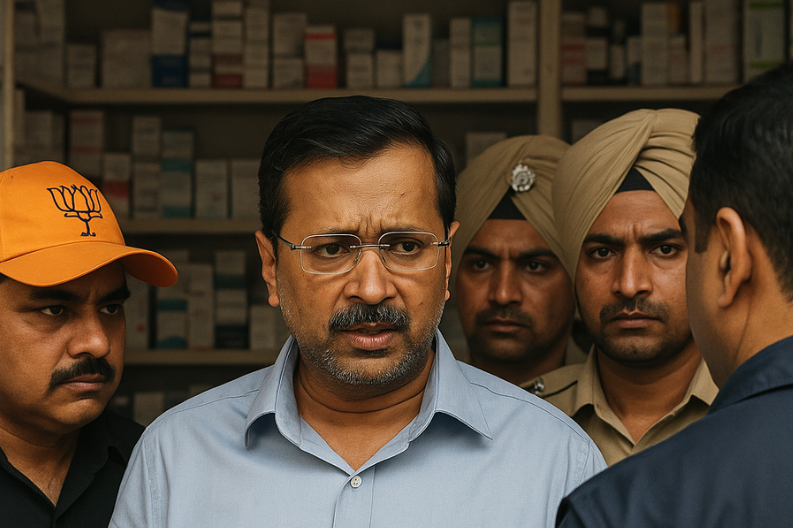The Enforcement Directorate (ED) has launched raids that sparked allegations of a medical scam linked to the former Aam Aadmi Party (AAP) government in Delhi, led by Arvind Kejriwal. The Bharatiya Janata Party (BJP) claims that investigators uncovered serious irregularities in health projects run during Kejriwal’s tenure as Chief Minister.
Delhi BJP President Virendra Sachdeva called the raids a crucial step. He argued that they could expose the role of former health minister Saurabh Bharadwaj in questionable procurement of medicines and hospital management. According to him, the probe might reveal deeper flaws in how the AAP handled healthcare.
The AAP rejected the allegations outright. Party leaders described the claims as baseless and politically motivated. They said the BJP wanted to distract the public from other controversies, including debates about Prime Minister Narendra Modi’s educational qualifications.
Although the focus remains on Delhi, the debate around healthcare in northern India has also resurfaced. Punjab has long struggled with questions about how different governments manage health services. Chandigarh, as a Union Territory, often serves as a benchmark for healthcare administration in the region, making its performance a point of comparison.
Punjab’s healthcare system has faced criticism for years. Citizens often fear that changes in government disrupt continuity and affect the quality of services.
The ED’s investigation now attracts close attention. If investigators prove wrongdoing, the AAP’s reputation for managing healthcare could suffer a major blow. If the party defends its record successfully, the charges may be seen as another attempt to tarnish its image.
The case highlights the importance of transparency in healthcare governance. Health services affect citizens directly, and mismanagement can have serious consequences. With both parties holding firm, the outcome of this probe will shape the public debate on healthcare in Delhi and beyond.



